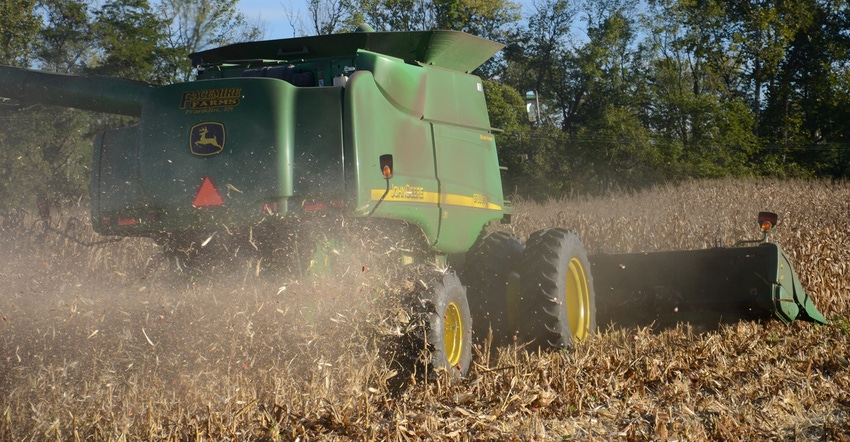September 6, 2018

One of our landowners passed away unexpectedly. We had three years left on a contract on that 600 acres. His son and daughter indicate they want to sell the land soon. We aren’t in a position to buy it. Can we force them to honor the three-year contract, or did it end when he died?
The Profit Planners panel includes David Erickson, farmer, Altona, Ill.; Mark Evans, Purdue University Extension, Putnam County, Ind.; Steve Myers, farm manager, Busey Ag Resources, LeRoy, Ill.; and Chris Parker, beef, forage and timber producer, Morgan County, Ind.
Erickson: You certainly have rights if you have a signed farm lease, but your attorney needs to help you sort this out. In the interim, I would work to develop a better relationship with the new landowners. Talk to them, together and separately, to better understand their needs and plans. Provide them with information that will help them understand how the farm could fit into their financial plans for the future. Perhaps if they had a better understanding of the operations of the farm and potential profitability, they might be more inclined to retain ownership of the farmland.
You might also consider purchasing a portion of the land if that will get the new owners some cash that they may need while giving you the opportunity to continue to rent the remainder.
Evans: Seek legal counsel to assure you’re able to proceed as you desire. Based on Indiana law, it depends if you’ve completed your proper duties in the lease process. It’s key that leases are written and have basic information to help one with enforcement. A verbal lease is legal in Indiana, but how can one defend in a situation involving death with a verbal lease?
At a minimum, a lease should have the name, addresses of the landlord and tenants, a property description with total acres and locations, and should clearly state the time period or crop years duration of the lease, the cash rent or shares and crop revenue contributions of the landlord and tenant, payment timing and processes, signatures, and date of signing.
Within 45 days of exaction, under Indiana law IC 32-31-2, a lease greater than three years shall be recorded in the Miscellaneous Record in the county recorder’s office. If not, the lease is void against any subsequent purchaser, lessee or mortgagee who acquires the real estate in good faith and for valuable consideration.
Your answer may depend on whether the lease was recorded.
Myers: Assuming “contract” means “lease,” it would depend on if this written agreement addresses the topic specifically. If the agreement doesn’t address it, the arrangement likely continues with his heirs or assigns. Yes, they could sell the farm, but your agreement would come along for the ride, whose consideration is a whole other question.
Parker: Their estate lawyer should let them know that all contracts and liens go with the property, not the owner. Your or your lawyer should communicate this to them at the appropriate time. They may offer to buy out your contract, so be prepared for that scenario. Review your contract with your lawyer so you know exactly where you stand legally. Be aware of any loopholes or buyout clauses that may exist.
You May Also Like




